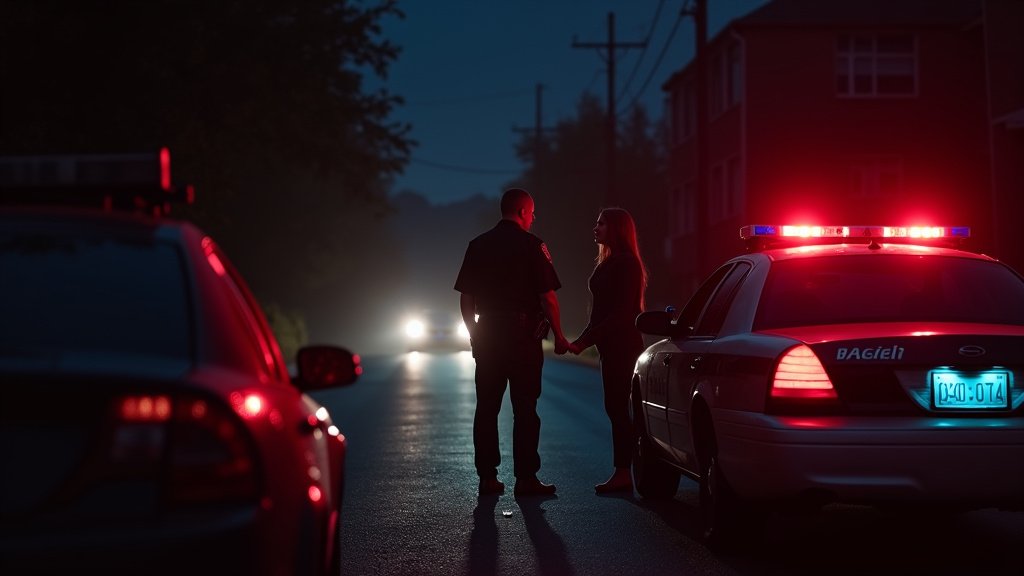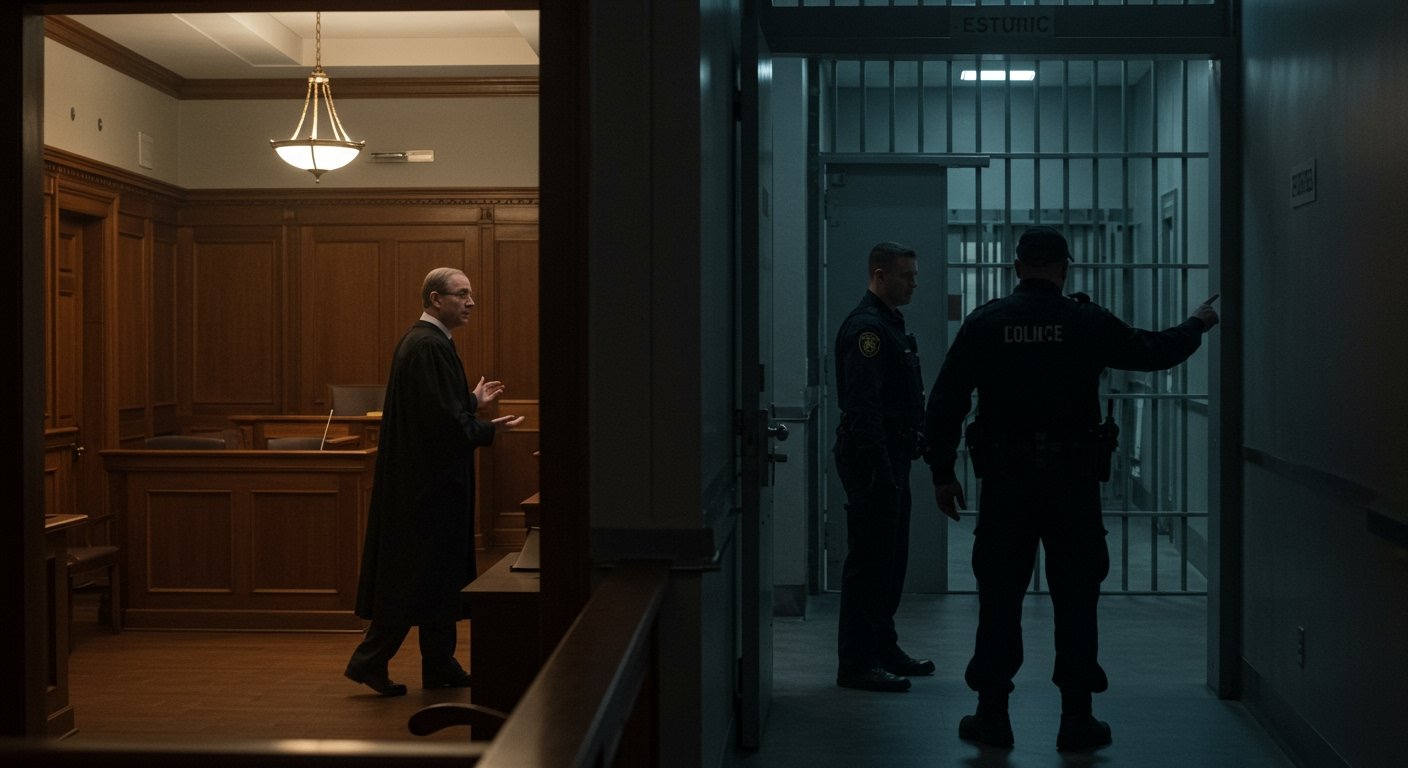Washington, D.C. – The United States Department of Justice today announced a significant expansion of federal law enforcement resources aimed at addressing persistent violent crime and the crisis of missing and murdered Indigenous people across areas with high Native American populations. The initiative, dubbed “Operation Not Forgotten,” was unveiled on Tuesday, April 2, 2025, marking what the department described as an unprecedented commitment to these communities.
“Operation Not Forgotten” Details
Under Operation Not Forgotten, the Justice Department will deploy a substantial surge of FBI assets nationwide. This effort involves sending 60 FBI personnel on rotating 90-day temporary duty assignments over a six-month period. These agents and support staff will be specifically directed to locations confronting high rates of unresolved violent crimes, including those linked to the ongoing epidemic of missing and murdered Indigenous people.
The Justice Department characterized this deployment as “the longest and most intense national deployment of FBI resources to address Indian Country crime to date.” The scale and duration of the operation underscore the severity of the challenges faced by Native American and Alaska Native communities and signal a concentrated federal effort to provide relief and justice.
Official Statements on the Initiative
Speaking on the initiative, U.S. Attorney General Pam Bondi highlighted the disproportionate impact of crime in these areas. “Crime rates in American Indian and Alaska Native communities are unacceptably high,” stated Attorney General Bondi. She emphasized that the surge of FBI personnel is intended to “help deliver the accountability that these communities deserve.”
FBI Director Kash Patel affirmed the bureau’s commitment to aggressively pursuing perpetrators and locating missing individuals. “The FBI will manhunt violent criminals on all lands,” Director Patel said, adding that the bureau is resolved to “find those who have gone missing.”
U.S. Attorney Alison Ramsdell also commented on the potential impact of the increased resources. She noted that the additional FBI personnel will be crucial in supporting ongoing investigations, stating that the assistance will aid in holding offenders accountable and achieving justice for victims and their families.
Context of the Crisis
The launch of Operation Not Forgotten comes amidst a backlog of unresolved cases within the FBI’s Indian Country program. At the start of fiscal year 2025, the program faced a caseload of approximately 4,300 open investigations. This substantial figure includes over 900 death investigations, underscoring the tragic toll of violent crime.
Beyond homicides, the open investigations encompass a wide range of serious offenses disproportionately affecting vulnerable populations within these communities. Specifically, the backlog included 1,000 child abuse investigations, highlighting concerns for the safety and well-being of young people. Furthermore, there were more than 500 domestic violence and adult sexual abuse investigations pending, reflecting the pervasive issues of intimate partner violence and sexual assault.
These statistics provide a stark backdrop for the Justice Department’s announcement, illustrating the significant demand for investigative resources and the complex nature of the cases that FBI personnel will be addressing through Operation Not Forgotten.
Addressing Long-Standing Challenges
The federal government holds primary jurisdiction over many serious crimes committed in Indian Country, making the FBI and U.S. Attorneys’ offices critical components in addressing crime rates. However, geographical isolation, limited local law enforcement resources, jurisdictional complexities, and historical underfunding have contributed to challenges in effectively investigating and prosecuting crimes in these areas.
Operation Not Forgotten represents a direct effort to inject much-needed resources into these overburdened systems. By deploying dedicated FBI teams, the Justice Department aims to accelerate case resolution, strengthen investigations, and ultimately improve public safety.
The focus on both unresolved violent crimes and missing persons specifically targets two critical aspects of the ongoing crisis in Native American communities, which have long advocated for greater federal attention and resources to combat violence and find missing loved ones. The six-month duration of the initial phase of Operation Not Forgotten suggests a sustained effort beyond typical short-term surges.
Federal officials expressed hope that this intensive deployment will not only lead to significant breakthroughs in specific cases but also help build stronger investigative frameworks and foster greater trust between federal law enforcement and tribal communities. The effectiveness of the operation will be closely watched by tribal leaders, advocacy groups, and the public as it unfolds over the coming months.












